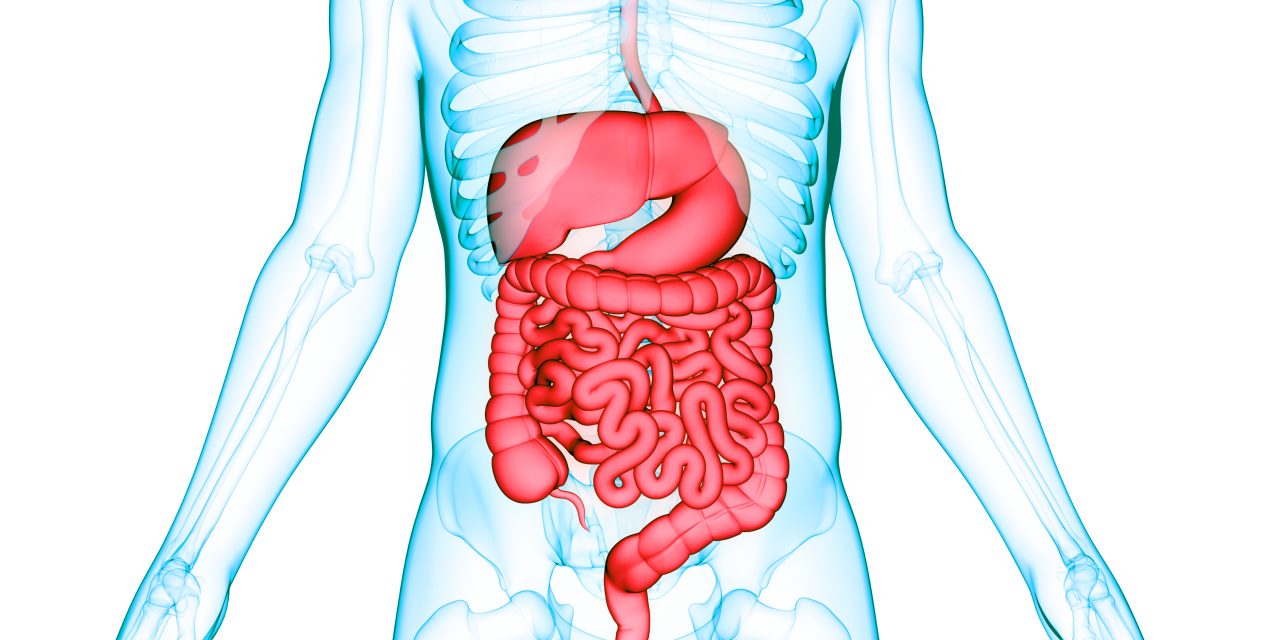In inflammatory bowel disorders, the host-microbial interaction is disturbed (IBD). Researchers predicted that changes in the gut luminal milieu may influence microbial virulence in IBD, causing homeostasis disturbance and illness. They looked at the connection between the gut microenvironment and bacteria virulence. During an endoscopy, 10 non-IBD controls, 9 Crohn’s disease, and 10 ulcerative colitis paediatric patients had their intestines aspirated. Gentamicin protection tests were used to quantify in vitro invasion of bacteria isolated from the duodenum and terminal ileum (TI). With the addition of patient intestinal aspirates, intestinal epithelial cells were infected in vitro by recognized Escherichia coli strains. On intestinal aspirates, nuclear magnetic resonance spectroscopy (NMR) analysis was performed to identify compounds linked with invasion; these metabolites were subsequently incorporated into the infection model. There was no difference in the in vitro invasion of bacteria collected from non-IBD and IBD patients’ intestinal aspirates. In vitro penetration of laboratory E coli strains into epithelial cells was enhanced by incubating them with TI aspirates from IBD patients.
Bacterial invasion can be influenced by changes in the intestinal microenvironment in IBD. Succinate is linked to enhanced bacterial invasion and has the potential to modify bacterial virulence in IBD. This study focuses on the interaction of certain metabolites and bacteria, which may have a role in the propagation or suppression of inflammation in paediatric IBD patients.


